





CCATL 2025
Conference Committee
Conference Chair

PROF. SAMAN SENEWEERA
Chairman, National Science Foundation, Sri Lanka
Chair Professor of Agricultural Engineering
Environmental Technology,
Faculty of Agriculture,
University of Ruhuna
Professor Seneweera is a distinguished academic with over 30 years of extensive experience in research, teaching, and academic administration within multiple countries including Australia, Japan, the United States of America, and Sri Lanka. His research specialization is in molecular plant physiology, and his research effort is dedicated to enhancing crop adaptation to extreme environmental conditions and bolstering resilience against the challenges posed by climate change, including high levels of CO2, heat, drought, salt stress, nutrient deficiencies, and toxicities.
Throughout his illustrious career, Professor Seneweera has significantly contributed to advancing scientific knowledge on the understanding of fundamental mechanisms of how crop plants respond to future climate conditions. His research efforts have also led to developing and deploying stress-tolerant cultivars and effective system-based yield and resource management tools. Professor Seneweera’s leadership acumen is evident through his tenure in various pivotal roles, including Director (CEO/CFO-NIFS) and Head of Stress Biology (NIFS-Sri Lanka), Chair Professor, Program Leader (NIFS) discipline leader (USQ, Australia), and Lead Plant Physiologist (the University of Melbourne).
Professor Seneweera earned his PhD in Plant Physiology from Western Sydney University, Australia, beginning his remarkable academic journey. With a prolific scholarly output, he has authored or co-authored over 200 peer-reviewed articles, chapters, and books, reflecting his profound impact on plant science. Notably, Professor Seneweera’s research standing is underlined by his impressive H-index of 48 and close to 8000 citations. According to Stanford University’s ranking, he has consistently ranked in the top 2% of scientists worldwide for the past five years.
In addition to his research and leadership roles, Professor Seneweera actively contributes to the scientific community as a member of multiple editorial boards and scientific organizations. His outstanding contributions have been recognized through numerous awards and accolades for excellence and leadership. Furthermore, Professor Seneweera’s commitment to nurturing future talent is evident through his supervision of over 30 PhD candidates across different world regions. He stands among the top 1% of scientists in the agricultural domain, exemplifying his profound impact and dedication to advancing the field.
CCATL Co-chairs

Prof. Changsheng Zhang
Director of China - Sri Lanka Joint Center for Education and Research,
Chinese Academy of Sciences,
China

Prof. Dilantha Fernando
Dean of the St. Paul’s College and Professor
Department of Plant Science, Faculty of Agricultural and Food Sciences
University of Manitoba, Canada

Prof. Ranil Coorey
Director of Learning and Teaching
School of Molecular and Life Sciences
Curtin University, Western Australia

Prof. Dr. Naoki Hirotsu
Professor at Tokyo University
Japan
Co-Chair - Organizing Committee
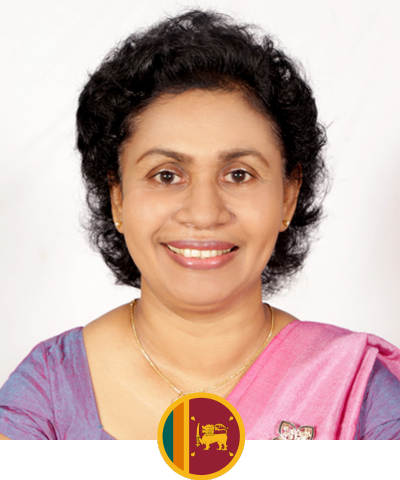
Disna Ratnasekera, PhD
Senior Professor & Chair,
Department of Agricultural Biology
Faculty of Agriculture,
University of Ruhuna,
Co-Director/ CSL-CER,
University of Ruhuna,
Sri Lanka
Local Organizing Committee

Dr. Lalith Amarathunga
Head/ Department of Export Agriculture
Senior Lecturer in Agricultural Extension
B.Sc. (Agriculture), M.Sc. (Environmental Sc.), Ph.D (Agri. Extension), MSLIAg.278
Faculty of Animal Science & Export Agriculture
Uva Wellassa University
Passara Road, Badulla
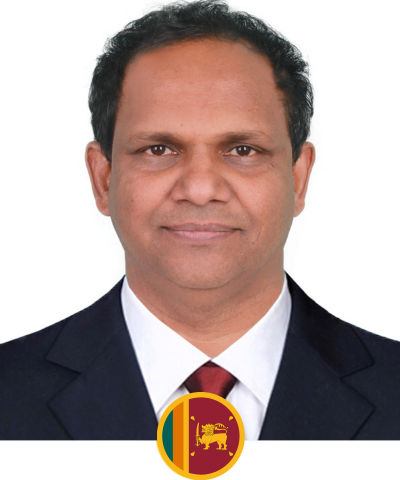
Dr. Wishwajith Kandegama
Senior Lecturer
Department of Horticulture and Landscape Gardening
Faculty of Agriculture & Plantation Management
Wayamba University of Sri Lanka
Makandura, Sri Lanka

Dr. Anushka Bandara
PhD (Kagoshima, Japan), MSc (Ryukyus, Japan), BSc (Ruhuna, Sri Lanka)
Lecturer,
Department of Agricultural Engineering & Environmental Technology,
Faculty of Agriculture,
University of Ruhuna, Sri Lanka.
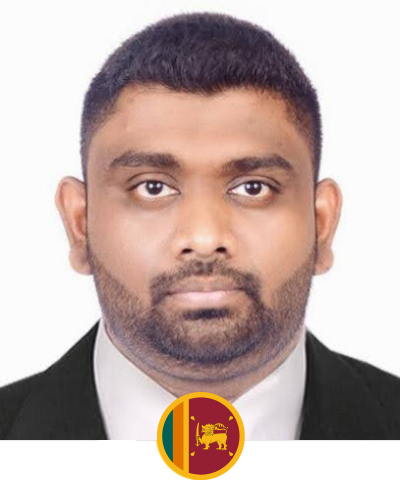
Dr. Asanka Thennakoon
Senior Lecturer
PhD in Plant Science (Ruhuna, Sri Lanka) B.Sc. in Agriculture (Ruhuna, Sri Lanka)
Department of Agricultural Biology,
Faculty of Agriculture,
Eastern University,
Sri Lanka.

Dr. Dushan Kumarathunge
Senior Lecturer
Department of Agricultural Biology
Faculty of Agriculture, University of Ruhuna
Mapalana, Kamburupitiya
Sri Lanka
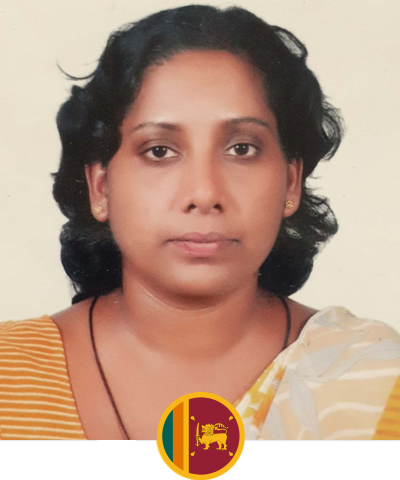
Prof. Chandrika Perera
S.A.C.N. Perera (PhD, BSc, FI Biol)
Professor/Department of Agricultural Biology
Faculty of Agriculture/University of Peradeniya/Sri Lanka
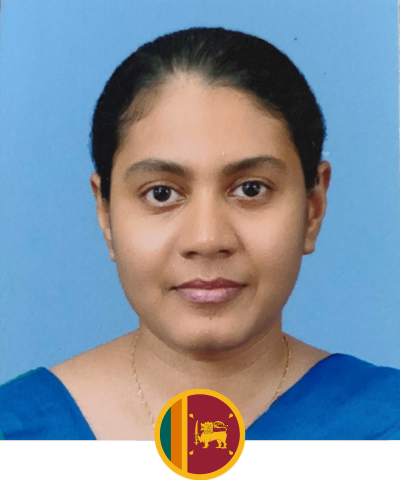
Ms. Priyangi Edirisinghe
Senior Lecturer
Department of Plant and Molecular Biology
Faculty of Science
University of Kelaniya
Sri Lanka
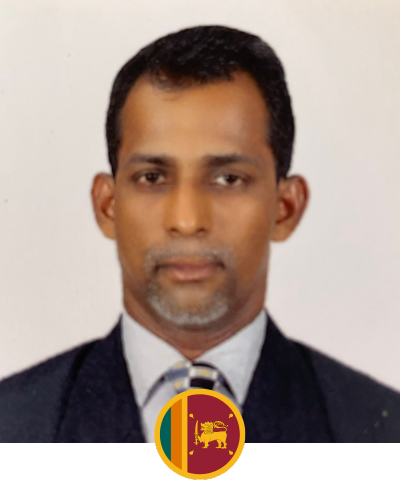
Dr. Pathmasiri Ranasinghe
Research Fellow,
Industrial Technology Institute,
Ministry of Science and Technology,
Sri Lanka
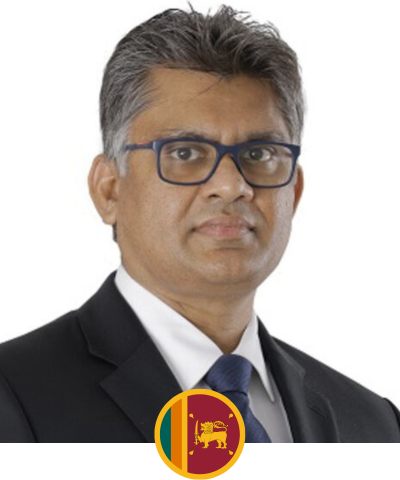
Mr. Vidura Gamage
Director/Chief Operating Officer
CIC Crop Guard (Pvt) Ltd

- The International Institute of Knowledge Management
- #531/18, Kotte road, Pitakotte
- +94 11 799 2022 / +94 76 573 3737
- isanka.gamage@tiikmedu.com
- https://tiikm.com/